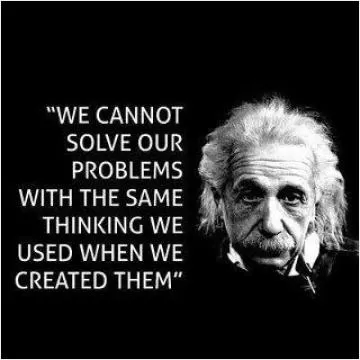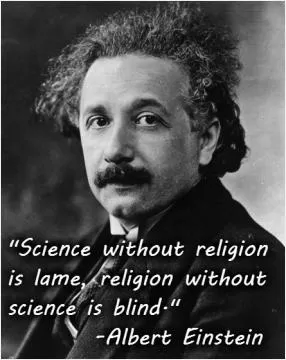Perfection of means and confusion of ends seem to characterize our age

Perfection of means and confusion of ends seem to characterize our age
Albert Einstein, one of the most brilliant minds of the 20th century, once said, "Perfection of means and confusion of ends seem to characterize our age." This statement by Einstein holds true even today, as we live in a world where technological advancements and materialistic pursuits often overshadow the true purpose and meaning of our existence.Einstein was a visionary who revolutionized the field of physics with his groundbreaking theories on relativity and quantum mechanics. He understood the importance of using means to achieve ends, but he also recognized the danger of losing sight of the ultimate goal in the pursuit of perfection. In our modern age, we are constantly bombarded with messages that emphasize the importance of success, wealth, and status, often at the expense of our well-being and relationships.
The perfection of means refers to our obsession with efficiency, productivity, and technological innovation. We are constantly striving to improve our methods and tools in order to achieve our goals faster and more effectively. While this drive for perfection can lead to great advancements in science, technology, and industry, it can also create a sense of emptiness and dissatisfaction when we realize that material success does not necessarily bring happiness or fulfillment.
On the other hand, the confusion of ends refers to our tendency to lose sight of the ultimate purpose and meaning of our actions. We often get so caught up in the pursuit of wealth, power, and recognition that we forget to consider the impact of our choices on ourselves and others. This can lead to a sense of disconnection, alienation, and disillusionment, as we struggle to find meaning and purpose in a world that values material possessions over human relationships.












 Friendship Quotes
Friendship Quotes Love Quotes
Love Quotes Life Quotes
Life Quotes Funny Quotes
Funny Quotes Motivational Quotes
Motivational Quotes Inspirational Quotes
Inspirational Quotes